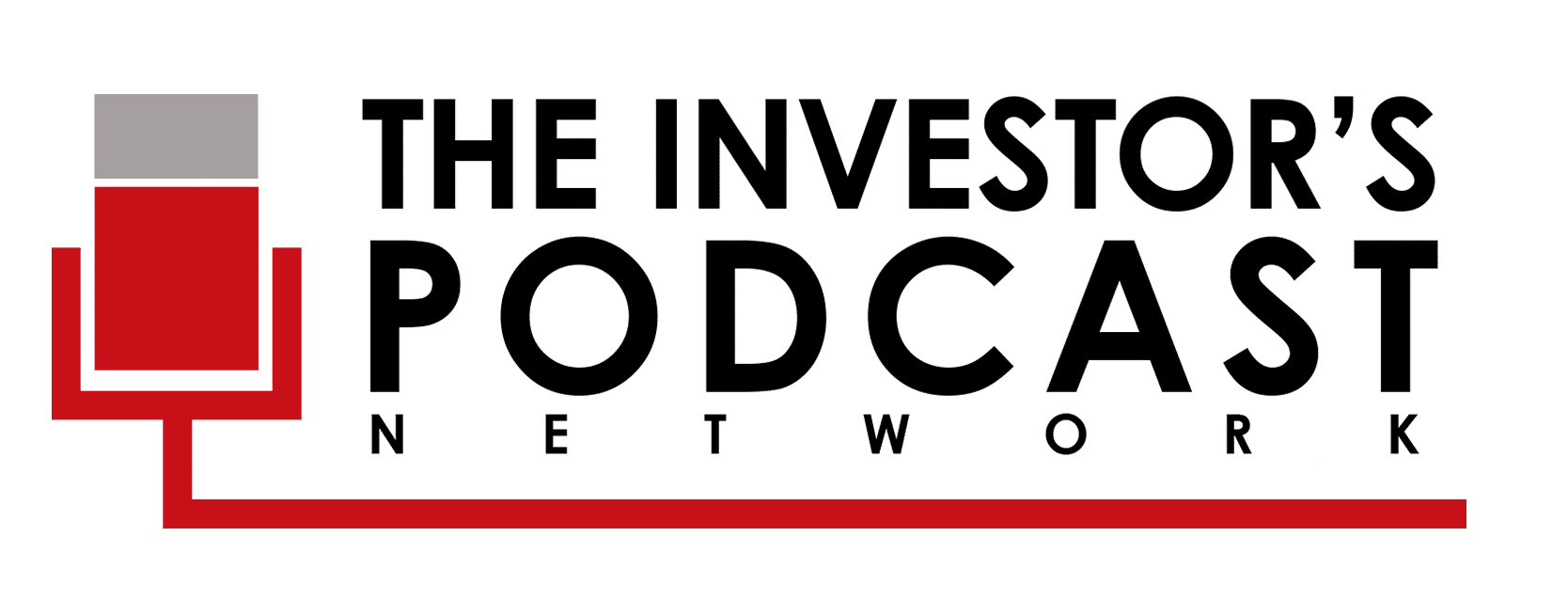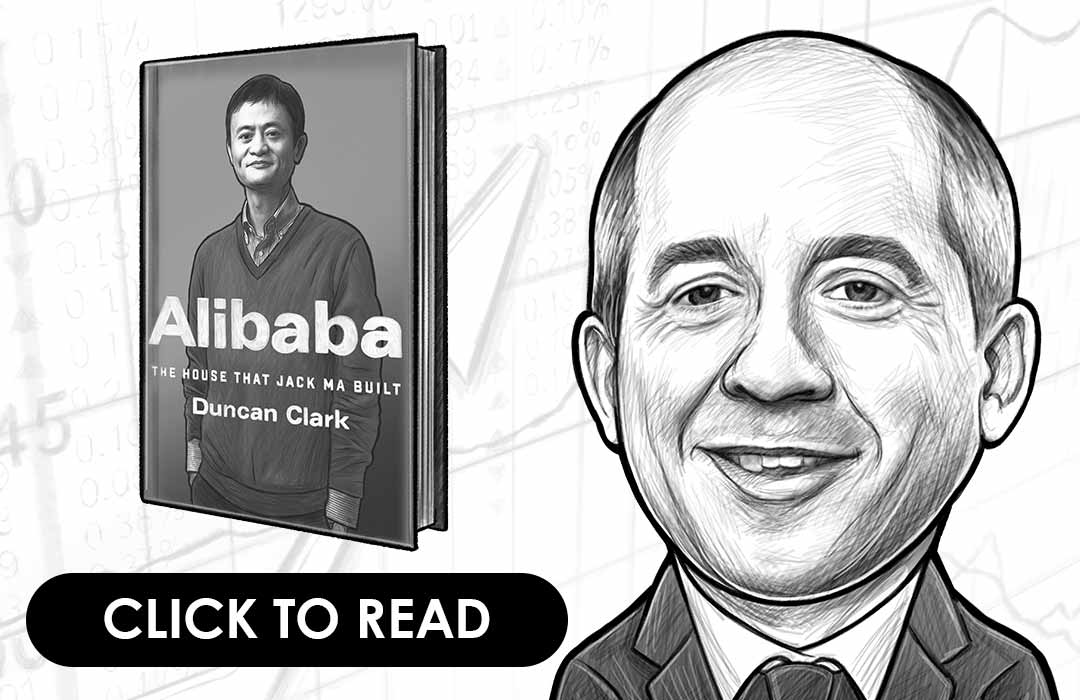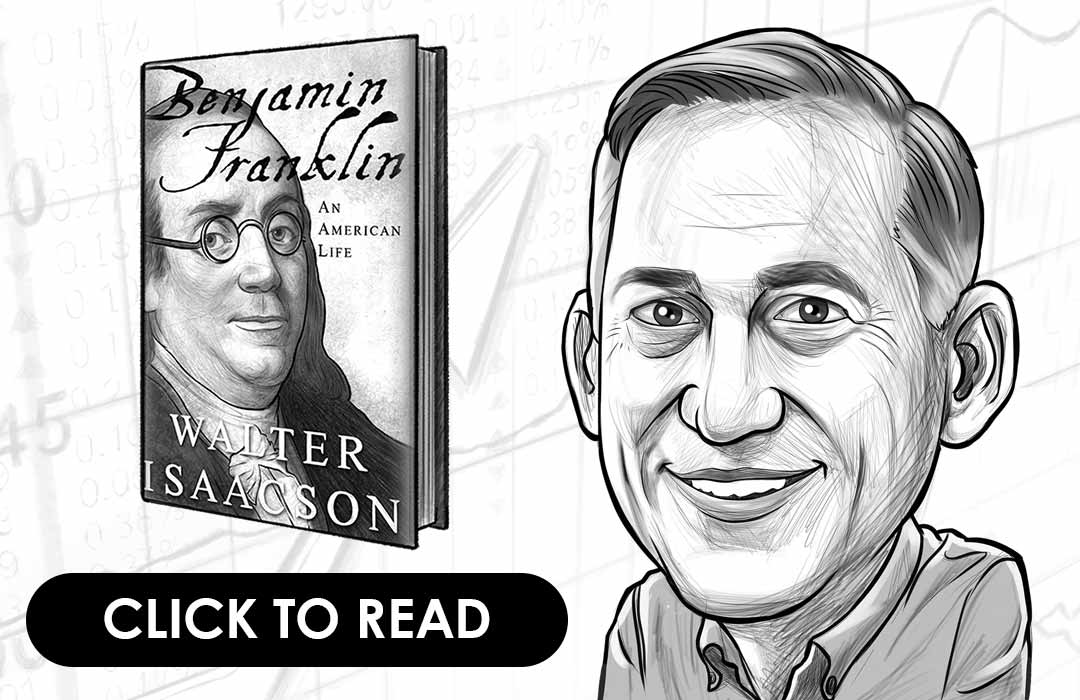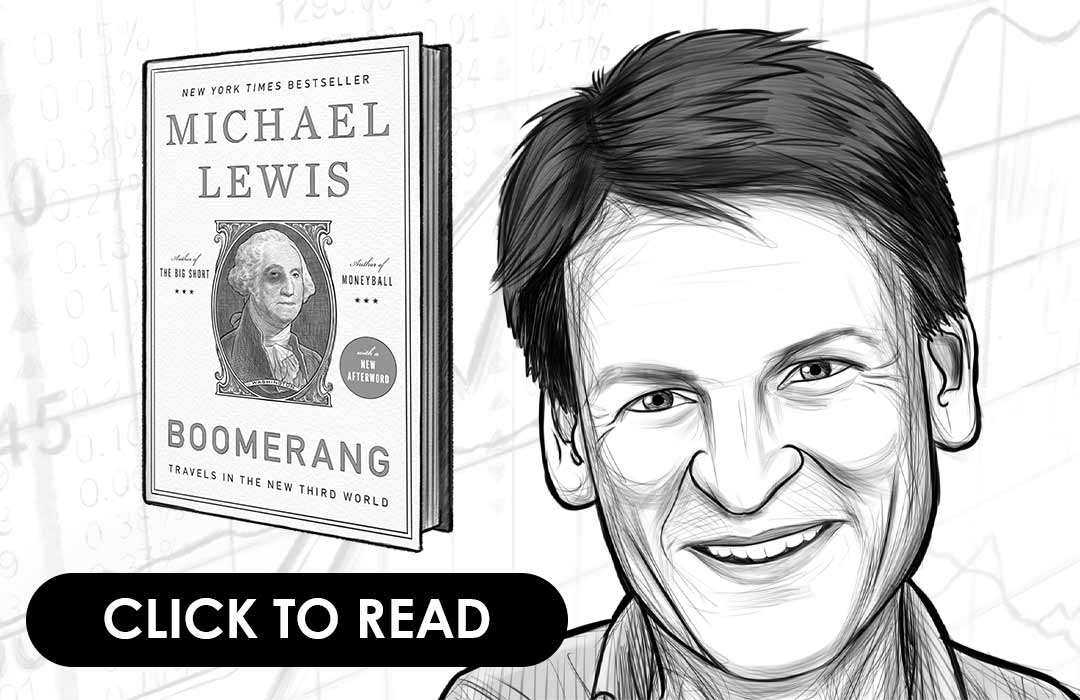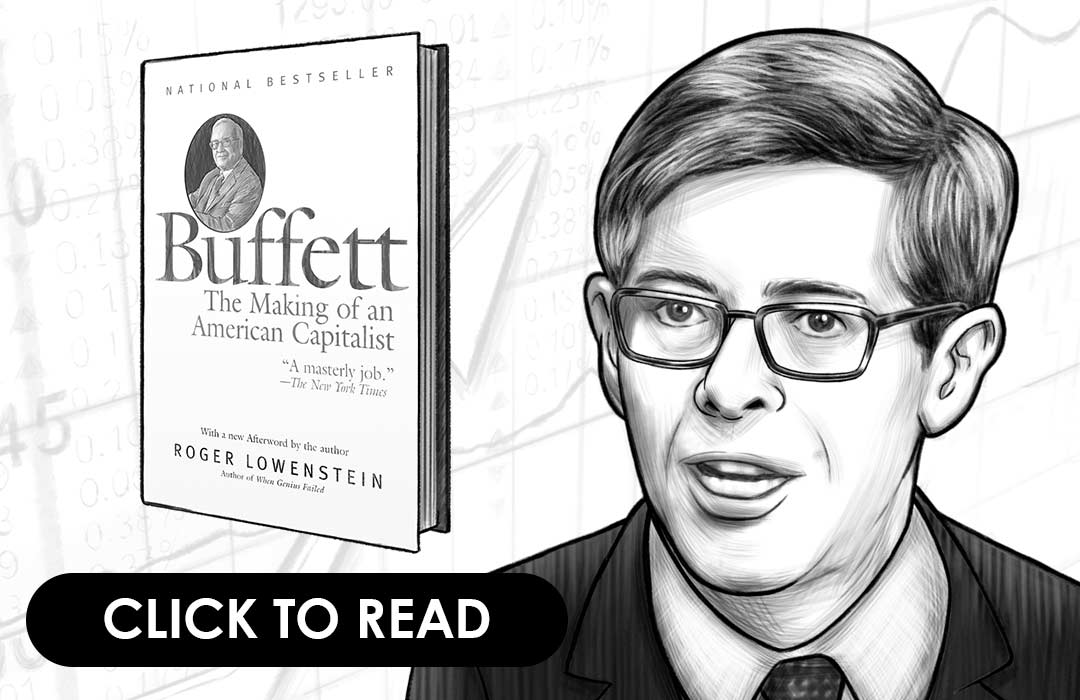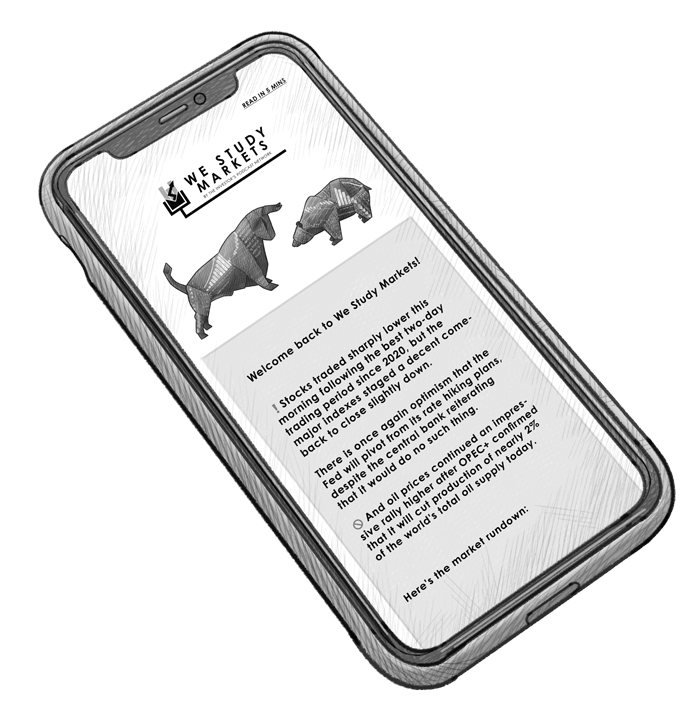An Executive Summary Of Benjamin Franklin
An American Life By Walter Isaacson
WHO IS WALTER ISAACSON
Walter Isaacson, born on 20th May, 1952, in Louisiana, is an American journalist and writer. Apart from this book about Benjamin Franklin, he has also penned biographies on Steve Jobs, Henry Kissinger and Albert Einstein. As a student at the Isidore Newman School in New Orleans, Isaacson went on to get his BA degree from Harvard University. Currently serving as the CEO of Aspen Institute, he has also served as the Managing Editor at Time and CEO and chairman of CNN. Read more to know how Franklin contributed to forge a unique identity for America in this book: Benjamin Franklin – An American Life.
PRESTON AND STIG’S GENERAL THOUGHTS ON BENJAMIN FRANKLIN – AN AMERICAN LIFE
It’s rare that we find a book and a personality that has been endorsed by such prominent people. Billionaires like Warren Buffett, Charlie Munger, and Elon Musk have all endorsed this specific book. From a learning point, I got to say that I’m not that impressed. In terms of business I think I learned very little, and while I might relearn about certain events from the American Revolutionary War, it was not the book I was looking for. To read this book, you have to be extremely fascinated not only by Benjamin Franklin, but also about the time period it was written.
I think my one take-‐away was Franklin’s personal leadership and actions to better himself. His philosophy about choosing your own personality, and how he was creating a mastermind group at age 21 to achieve financial independence, was all good anecdotes that are as relevant today as ever before. The practical use of the book for me however is very little, and I generally wouldn’t recommend the book.
Understand the financial markets
in just a few minutes.
Get the daily email that makes understanding the financial markets
easy and enjoyable, for free.
CHAPTER 1: BENJAMIN FRANKLIN AND THE INVENTION OF AMERICA
Walter Isaacson introduces us to Benjamin Franklin in this first chapter. Here, the reader understands how Franklin – known as the founding father of mighty America – contributed to shape the American ideals. Isaacson provides a detailed account of Franklin’s life, right from his journey to Philadelphia. Even as a statesman, writer and politician, Franklin chose to work with “middling people”, who were the very backbone of the entire community. Isaacson also offers insight about how Franklin crafted his unique persona as America’s first publicist.
CHAPTER 2: PILGRIM’S PROGRESS: BOSTON, 1706 – 1723
Isaacson continues to talk about Franklin’s lineage in this chapter. In fact, the story goes way beyond 1706 and the reader understands Franklin in a better manner. Isaacson also writes about Franklin’s humble birth, his childhood and family. We also see a vivid description of how Franklin broke an agreement he had once made and decides to start off on his own. Although Franklin wasn’t very mischievous as child, one can see sparks of his brilliance even when he was young. Thomas Franklin, Franklin’s great grandfather, is described here in detail. Perhaps, his clever ingenuity and attention to minute detail was passed on to several generations, thus making them strong.
CHAPTER 3: JOURNEYMAN: PHILADELPHIA AND LONDON, 1723 – 1726
This chapter starts off with Franklin’s experience as a vegetarian. While his friends gorged on biscuits and other tasty food, Franklin preferred to stick to his meager diet that helped him save money too. Isaacson further describes Franklin’s stints in several print shops where he didn’t attain much success. However, it is obvious to see that his failures only helped him to learn and become wise in the long run. Interestingly, he travels to England and gets involved in gambling, but he’s also intelligent enough to realize that he was naïve to do so. Young Franklin also understands that it’s sometimes necessary to stoop down instead of holding one’s head too high to prevent downfalls.
CHAPTER 4: PRINTER: PHILADELPHIA, 1726 – 1723
Isaacson describes Franklin’s experiences as he grew up in this chapter. With his own business as a printer, Franklin spends time writing a lot more and slyly printing material for himself under several pseudonyms. Franklin felt he was an expert and could sell anything. Under Denham’s tutelage, Franklin grew to be charming and clever. With his willingness to excel and ingenuity, 20-year-old Franklin was laying the stepping stones to his success. As he grew busier with his work, he began to show more interest in politics as well. However, as Denham died later and didn’t leave the business in Franklin’s name, he began working for Keimer. Eventually, he began making his own lead molds and Franklin Gothic – a font used mostly to announce headlines in newspapers – was named after Franklin in 1902.
CHAPTER 5: PUBLIC CITIZEN: PHILADELPHIA, 1731 – 1748
In this section, Franklin’s Junto and his work is recounted. Franklin used his Junto in launching several community organizations that also included a fire brigade, library, college, militia and hospital. He really cared about the public and his galvanizing persona simply made him influence people. His beliefs are instilled in the American culture even today. He was also elected as official but his writings that included manifestos and letters helped him forge his way ahead in politics. Although the militia he had formed was disbanded without any action, it helped him gain more knowledge just with the experience.
CHAPTER 6: SCIENTIST AND INVENTOR: PHILADELPHIA, 1774 – 1754
Franklin’s love for science, ever since he was a little kid, is described in this chapter. His curiosity and awe of our universe made him get involved with science. When he was just 20 years old, he studied dolphins and successfully analyzed the lunar eclipse to calculate his location! He was also adept at discussing natural phenomena. Since he wasn’t trained as a scientist he was criticized, but that didn’t stop him from becoming the most intelligent, famous scientist alive during his 84 years. His curiosity to learn and discover unexplainable things was what propelled him forward to do things. Right from inventing an efficient stove to inventing bifocals to suit his own needs, Franklin was a bundle of energy that stopped at nothing.
CHAPTER 7: POLITICIAN: PHILADELPHIA, 1749 – 1756
Franklin’s love for knowledge made him think about opening his own educational institution. This man who never got to go to Harvard had the dream of starting a college that would focus on practical instruction. He also believed that the students would excel only if earthly values were instilled in them. Once he collected £ 2,000, the academy was finally inaugurated in 1751. It was the very first nonsectarian college in entire America and was later named as the University of Pennsylvania in 1791. He didn’t stop at that and went on to raise funds to open a hospital that would help the poor. Since it was difficult to collect funds, he devised a scheme where he announced that the total money collected would be doubled. Although this scheme was criticized by others, Franklin felt that it was very clever since it motivated people to donate more.
CHAPTER 8: TROUBLED WATERS: LONDON, 1757 – 1762
This chapter starts off with Franklin crossing over the Atlantic way back in 1757. He noticed that while some of the ships struggled over the large ocean waves, the ocean behind their ship was oddly quiet. Ever inquisitive, he experimented several times with oil and water to still the turbulent waves. In this chapter, Franklin’s flirtatious personality with women is also revealed. He had a particularly close relationship with Polly – his landlady’s daughter – and he wrote several letters to her. Although the letters mainly consisted of his answers that satisfied her curiosity, it was the best way to flatter a woman according to Franklin.
CHAPTER 9: HOME LEAVE: PHILADELPHIA, 1763 – 1764
This chapter gives the reader a clear understanding of the relationship Franklin had with his son. After his son traveled to Philadelphia to join him, the tension that had strained their relationship dissipated pretty quickly. Once he was bestowed with a royal appointment, it was appalling to many of Franklin’s enemies and although the Proprietor declared that it wouldn’t have a negative effect, he was proven wrong later.
CHAPTER 10: AGENT PROVOCATEUR: LONDON, 1765 – 1770
This chapter talks about the letters exchanged between Polly and Franklin in detail. Isaacson also talks about Franklin’s letters to his own wife where he promises to return back home; however, he continued his futile attempts in Pennsylvania and didn’t return home for more than 10 years. Although he was a royalist who was committed to save Pennsylvania from the Penn’s, he also had his own personal motives and wanted to protect his own postmastership. Later, as things became heated up, Franklin had to leave London, but his reputation was still intact.
CHAPTER 11: REBEL LONDON, 1770 – 1775
This chapter begins with Isaacson talking about Franklin’s vacations in 1771. Franklin had decided to forego getting involved in public affairs for a while. His fight against the Parliament and the Proprietors, and his pursuit for a royal appointment and land grant had thwarted his plans. Therefore, he escaped the tension by getting involved in more scientific experiments. He also took long vacations that lasted for about a year. Even during his vacation, he found the opportunity to take a closer look at the booming Industrial Revolution in England. After tinkering with inventions and science, Franklin finally returned home.
CHAPTER 12: INDEPENDENCE: PHILADELPHIA, 1775 – 1776
Franklin continued his experiments with water and also published maps and took the temperature measurements of the ocean. Even today, it is displayed in the NASA website and it’s incredible to note that Franklin’s notes are very similar to the readings made by sophisticated machines used presently. While his travels were calm, there was a storm brewing in America and Franklin was made a Congress member as soon as he returned. He was about 70 years old at the time and was also the oldest among the members. With a calm demeanor, Franklin was the guiding light to many people including Thomas Jefferson.
CHAPTER 13: COURTIER: PARIS, 1775 – 1776
Upon arrival in France, Franklin tried to maintain a low profile. However, due to the fame acquired through his scientific discoveries and political achievements, he was easily recognized. He used this to his advantage to further his political interests and made France agree to an alliance against England. France waited Spain to accept the alliance, however, as the two had made a pact to act together. But due Franklin discovering Britain’s secret negotiations with the Americans, France agreed to cooperate without Spain and signed treaties of friendship and alliance.
CHAPTER 14: BON VIVANT: PARIS, 1778 – 1785
This chapter talks about Franklin’s acquaintances that left a lasting impression on him. One is with American commissioner John Adams, whose dynamic was seen as an emotional rollercoaster due to their contradictory personalities. Another is with famous French philosopher Voltaire, which caused a frenzy from fans of both parties and were profusely written about. He also forged many amorous relationships with women, though in an intellectual and spiritual level. His actively frivolous social life in France unknowingly made him distant to his family, leading to the eventual lack of correspondence with them. Franklin still found time to pursue his scientific endeavors, but more on for fun.
CHAPTER 15: PEACEMAKER: PARIS, 1778 – 1785
By 1778, it was becoming extremely apparent that the three commissioners couldn’t get along well and work together. Only one of them could take charge and there were mixed feelings from all sides. The French supported Franklin and he was definitely their sole choice and surprisingly, John Adams also recommended that Franklin should lead them. With a 12-‐1 vote in Franklin’s favor, Franklin was the chosen commissioner and although Adams was the one who had supported him, he grew increasingly bitter.
CHAPTER 16: SAGE: PHILADELPHIA, 1785 – 1790
As Franklin travelled for one final time in his life, he decided not to even think about politics. He was going back home to get back to a life that was much slower than what he was accustomed to. However, his mind was still razor sharp and instead of working on his memoirs as he had promised his friends, he noted down his theories and observations that would help the future generation. His theories ranged from designing hulls to reduce the resistance to talking about Indian canoes and Eskimo kayaks.
CHAPTER 17: EPILOGUE
Here, the chapter starts off with the will left by Franklin to his son William Franklin. It was a dysfunctional family and Franklin didn’t hide his disappointment even at the end. As he was deeply hurt about William’s participation in the war, he had offered nothing but a few lands in Canada that were worthless. William resented his father’s decision and also spoke against the injustice of it all, and he never went back to America. However, it was the last time he would ever talk something negative about Franklin.
Understand the financial markets
in just a few minutes.
Get the daily email that makes understanding the financial markets
easy and enjoyable, for free.
CHAPTER 18: CONCLUSIONS
In this section, Isaacson reflects on Franklin’s entire journey. He was known as a timeless man but yet, he was certainly at the right place at the right time. The Nation magazine even declared that mankind was separated into people that hated or loved Franklin! While some people loved and adored his charming and humorous personality when he communicated with a half-‐smile, others simply detested him. However, after his death, even his haters like John Adams and William Smith had mellowed. Such was the greatness of the man who made people talk and discuss about him even after his death! It is no wonder that Franklin was and is known as the “World’s most famous American.”
